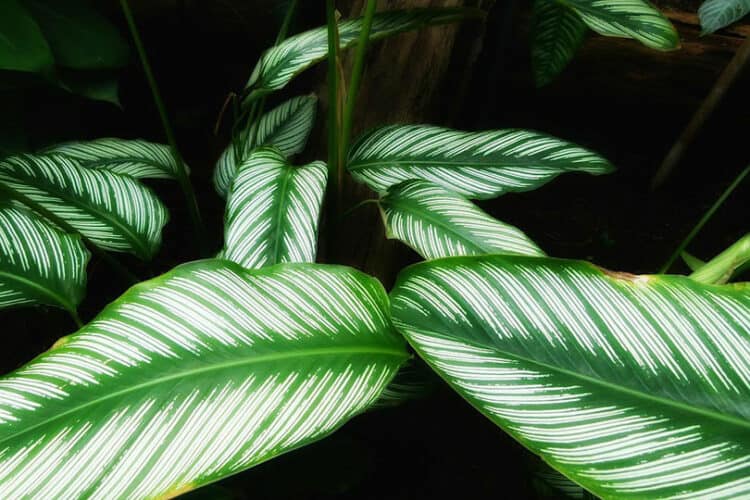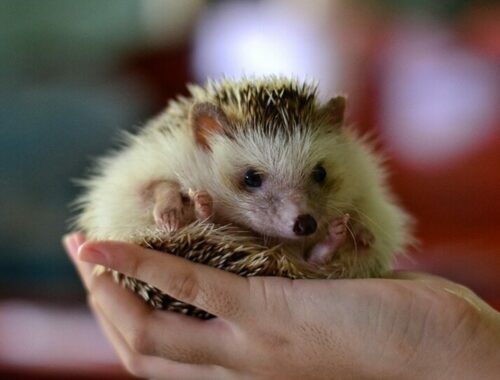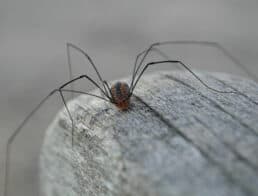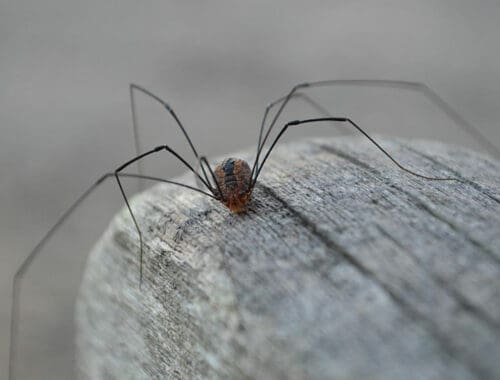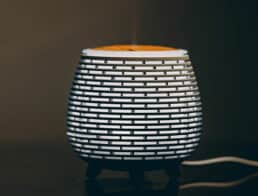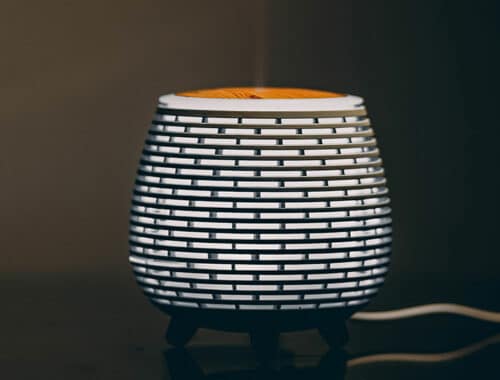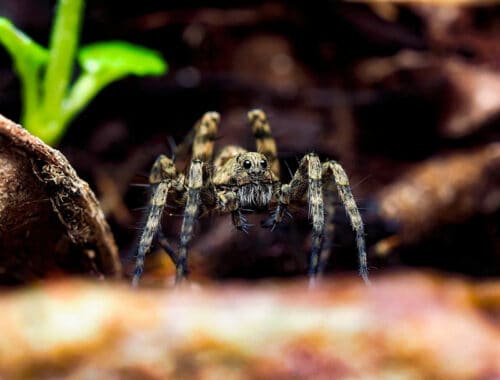Try as you might, it can be difficult to keep your cat away from your houseplants. Some cats like to chew and eat the leaves. Others like to play in the dirt and knock the plants over, viewing them as some sort of jungle gym.
Some plants are toxic to cats, however, and shouldn’t be kept in the house with them. If cats eat these plants, they can get sick. Thankfully, if you own a Calathea plant, also known as the prayer plant, you can rest assured that this plant is not toxic to cats.
If your cat should eat part of a Calathea plant, you don’t need to worry. Your cat is not poisoned and won’t become ill from anything inside the plant. The leaves, if swallowed, might cause minor stomach upset, though, and you may find that your cat vomits pieces of them. The ASPCA lists Calathea in its non-toxic plant group. The plant is also safe for dogs and horses.
Calathea Plants
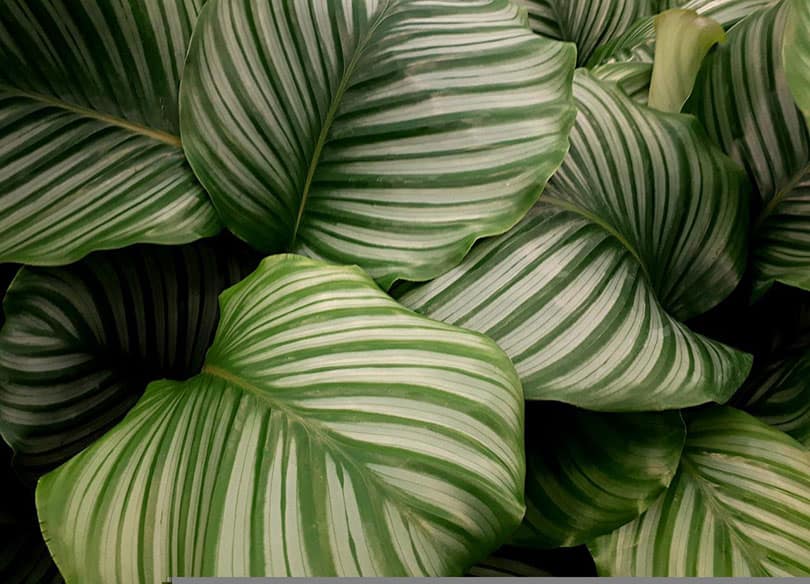
Calathea plants are popular houseplants because of their decorative striped leaves. These leaves move up and curl inward as the sun sets and open and lower themselves after sunrise, basically following a circadian rhythm. These unique plants have earned the name “prayer plant” because of this movement.
Their ease of care, beauty, and the fact that they are pet friendly make them common sights in many homes. They are decorative and safe.
Other cat-friendly houseplants include:
- American rubber plant
- Boston fern
- African violet
- Spider plant
- Phalaenopsis orchid
- Christmas cactus
- Parlor palm
- Blue echeveria
Keeping Cats Away From Plants
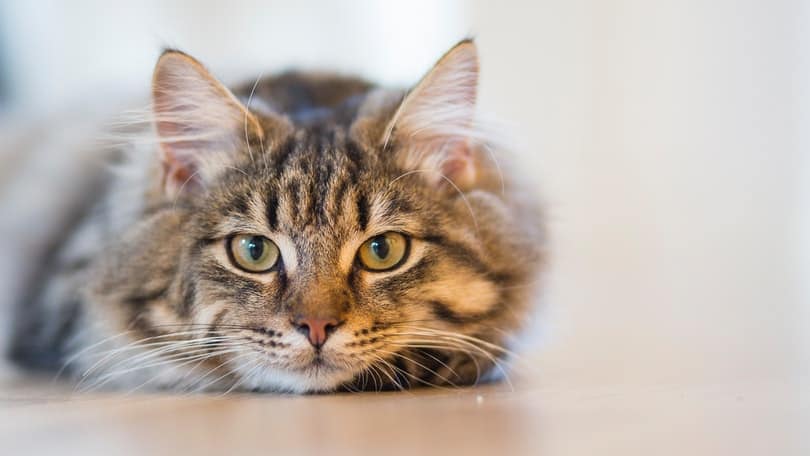
Even though a Calathea plant is safe for cats, that doesn’t mean you want your plants destroyed by your mischievous feline. Try these tips to keep your cats away from your plants instead of letting them become mulch.
- Keep plants in another room or up on high shelves out of the cat’s reach.
- Use a deterrent spray to make the plants unpalatable.
- Rub a mixture of white vinegar and water on the leaves to deter cats.
- Redirect your cat when they attempt to chew the plant.
- Use a spray bottle filled with water to spray your cat when they approach the plant.
- Play with your cat more during the day so they lose interest in destructive behaviors.
- Give your cat their own plants, like cat grass and catnip, to chew on instead.
Final Thoughts
Calathea plants are safe and non-toxic to cats. If you realize that your cat has eaten one, you don’t need to do anything. The leaves may give your cat an upset stomach and cause them to vomit, but that’s the worst that this plant can do to them. They are not poisonous and don’t contain any irritating substances.
Always make sure the plant you bring into your house is safe for your cat to be around. Browse the full list of toxic and non-toxic plants according to the ASPCA. Checking first to make sure your cat won’t be harmed by one of your plants will give you peace of mind.
Featured Image Credit: Pixabay
